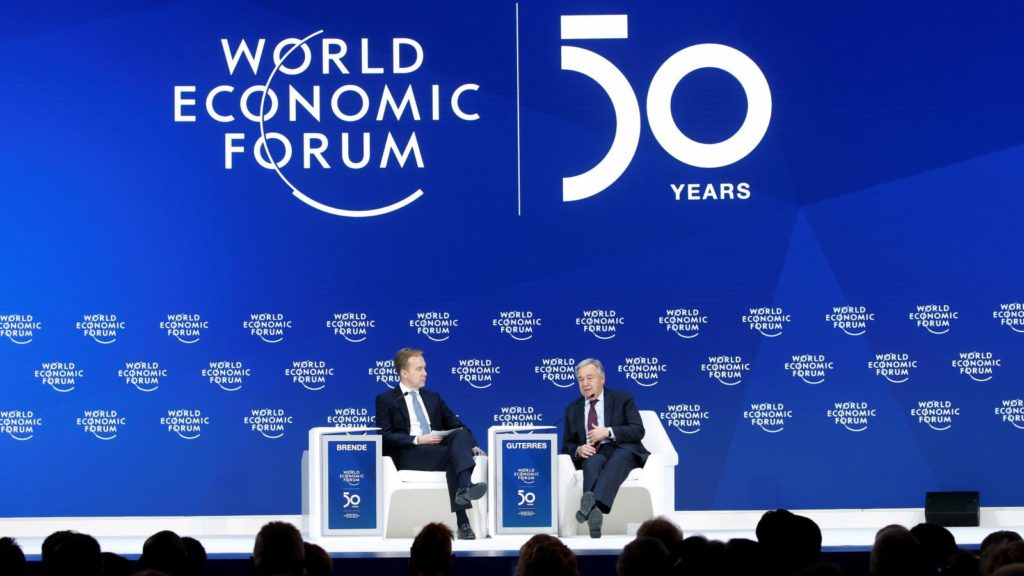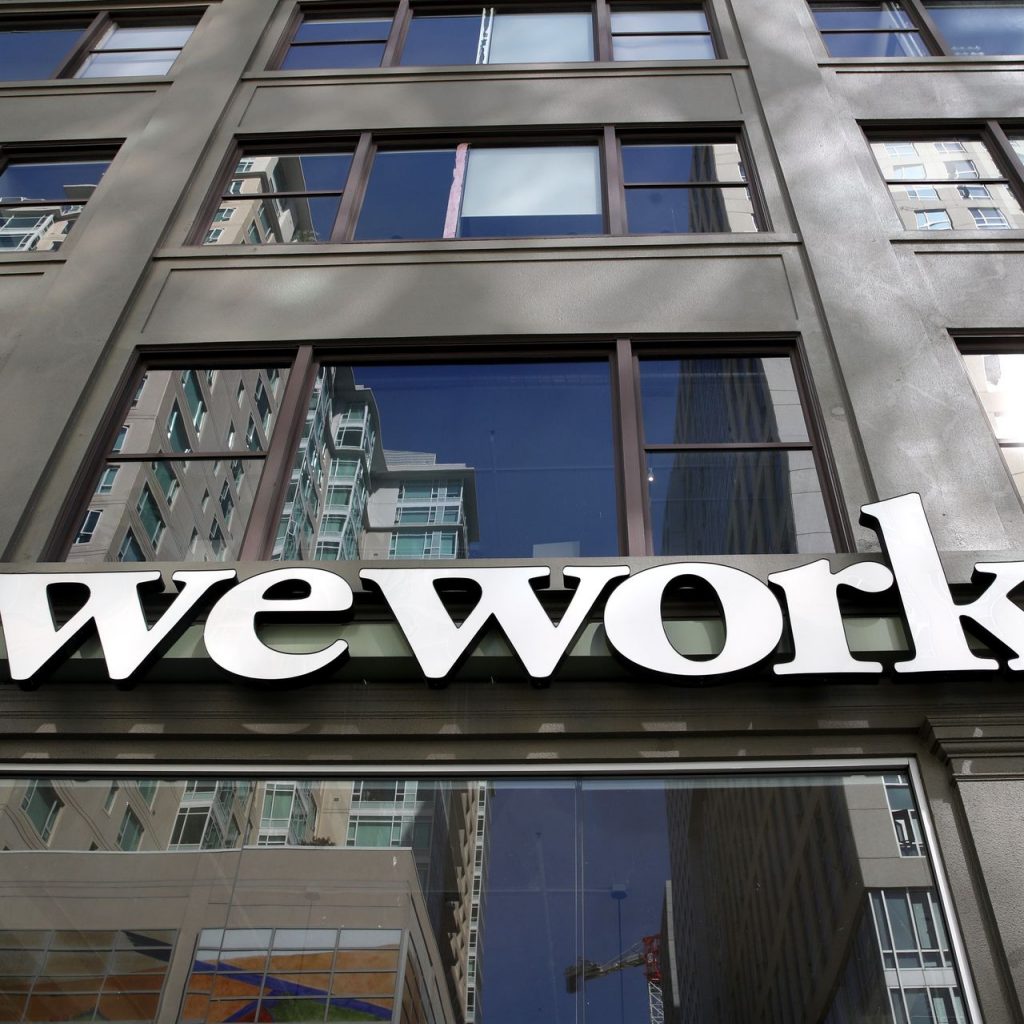As we pointed out in last week’s article on the declining value of the US dollar, the fifth effect of a weak dollar is that inflation increases.
That’s because a weak dollar encourages U.S. companies to invest in the U.S. and consumers to buy products that are made in the USA. There’s more money staying at home available for capital investment than there is money going overseas.
Another way of looking at this is that there’s too much money chasing too few deals, which in turn causes prices to rise.
Inflation can be good for investors that currently hold tangible assets. But it’s bad for holders of debt – such as a bond or mortgage holder – and for investors trying to buy real assets in a market where prices are rising due to inflation.
As Business Insider notes, the Federal Reserve began unwinding its $4.4 trillion balance sheet last November. In addition to curtailing its monthly purchases, by October of this year the Fed will have removed almost $50 billion a month in financial stimulus from the market.
At the same time, China has reduced its purchase of U.S. Treasury securities, partly in response to the weaker dollar.
That’s because debt denominated in the U.S. dollar is devalued by a weak dollar, hurting foreign countries that hold a lot of assets based on the dollar.
As a result, interest rates paid on marketable interest-bearing U.S. Treasury debt (such as bills, notes and bonds) have increased by 7% over the past year – from 1.986% in December 2016 to 2.126% in December 2017.
Remember, during approximately the same time period, the US Dollar Index declined by about 15%. Which puts investors in a unique position.
On the one hand, asset prices will likely continue to increase due to inflation and too much money chasing too few deals. On the other hand, investing using leverage will become more expensive due to rising interest rates.
Now, nothing in nature or in investing occurs in a straight line. It’s quite possible that in the short-term interest rates will go down and inflation will be low.
But with market conditions like these it’s important not to take on more risk than is prudent and to invest wisely.
Investing in assets such as equity and fixed income funds are two ways to hedge risk in an uncertain market.
Next week we’ll sum up what a weak dollar, inflation, and rising interest rates mean for investment going forward.




